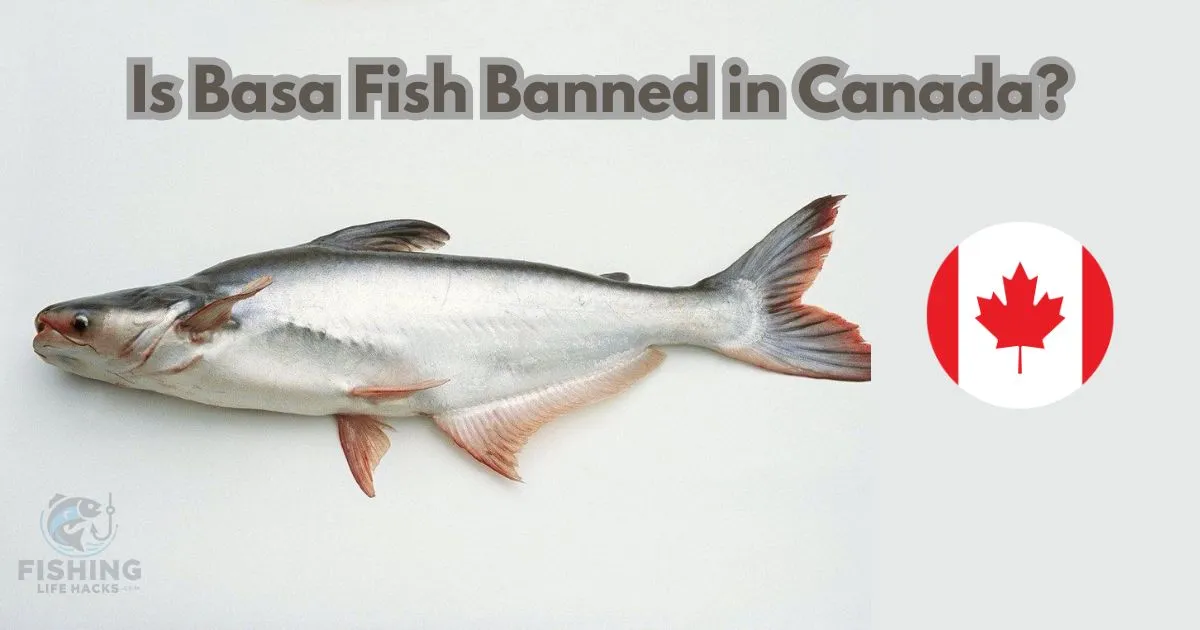Is Basa Fish Banned in Canada? Things You Need to Know

Basa fish, known for its mild flavor and affordability, has gained popularity worldwide. However, questions surrounding its safety and legal status in various countries, including Canada, often arise. If you’ve wondered, “Is Basa fish banned in Canada?” it covers the regulatory aspects, health concerns, and more to clarify the facts.
Basa Fish and Its Popularity
Basa fish, or Pangasius bocourti, is a freshwater catfish species primarily sourced from the Mekong River in Vietnam. Known for its mild taste and affordability, Basa has become a favorite choice for many households and restaurants. While some controversies exist regarding its production, particularly due to concerns about water quality in the Mekong Delta, it remains a popular import.
The Regulatory Status of Basa Fish in Canada
In Canada, Basa fish is not banned. The Canadian Food Inspection Agency (CFIA) oversees imported fish products, including Basa, and ensures they meet food safety standards. The CFIA conducts regular inspections to verify that all imported fish, including Basa, is free from harmful contaminants and adheres to Canadian health and safety standards.
Despite some concerns and rumors about the quality of Basa, particularly from the Mekong Delta, Canada has implemented rigorous checks on Basa imports to safeguard public health. This includes inspecting for any signs of contamination from chemicals, antibiotics, or other harmful substances.
Why the Confusion Around Basa Fish?
Rumors about a “ban” on Basa fish in Canada may stem from the CFIA’s stringent import regulations or confusion over temporary import restrictions. There have been instances where Basa shipments were denied entry into Canada due to quality concerns, such as contamination with chemicals or pathogens. However, these instances do not equate to a ban; they reflect Canada’s strict import standards to ensure the safety of all imported foods.
In the U.S., similar concerns have led to higher inspection rates for Basa imports, which might have added to the misconception of a ban in other countries as well. However, Canada continues to allow Basa imports, provided the shipments meet safety requirements.
Health Concerns Surrounding Basa Fish
While Basa is legally permitted in Canada, some health concerns are associated with its consumption. Here are a few reasons why Basa fish has faced scrutiny:
- Environmental Factors in Production: Basa is primarily farmed in the Mekong River, which can be contaminated with industrial waste. This has raised concerns about the water quality and potential pollutants in Basa fish.
- Use of Antibiotics: To prevent diseases in dense fish farms, antibiotics may be used, sometimes at levels that exceed food safety standards. However, the CFIA’s inspection process includes testing for antibiotic residues to ensure imported fish is safe for consumption.
- Lower Nutritional Value: Compared to other fish varieties like salmon, Basa contains less omega-3 fatty acids and other essential nutrients. This doesn’t necessarily pose a health risk but can be a factor for consumers prioritizing nutritional value.
- Mercury and Heavy Metals: Some consumers are concerned about heavy metals like mercury in fish. However, studies show that Basa generally has lower mercury levels than many other types of fish, making it a safer choice in this regard.
The Verdict: Is Basa Safe to Eat in Canada?
For the average consumer, Basa fish is considered safe to eat in Canada, as long as it’s from a reputable source and has passed CFIA inspections. However, consumers are advised to maintain a varied diet and consume different types of fish to avoid potential risks associated with over-reliance on a single fish species.
If you’re concerned about food safety, opt for well-regulated markets and check that any Basa you purchase is CFIA-approved.
Frequently Asked Questions
Conclusion
Despite various health concerns and persistent rumors, Basa fish is not banned in Canada. The CFIA ensures that all fish, including imported Basa, is inspected for contaminants and adheres to Canadian food safety standards. While some health concerns around Basa remain, choosing reputable sources and eating it in moderation makes it a safe, affordable option for Canadians.






